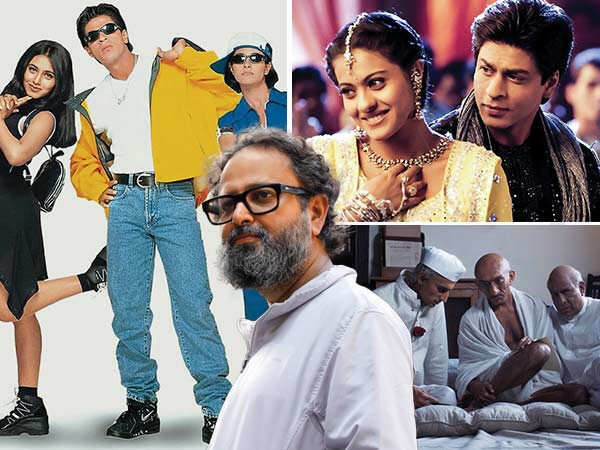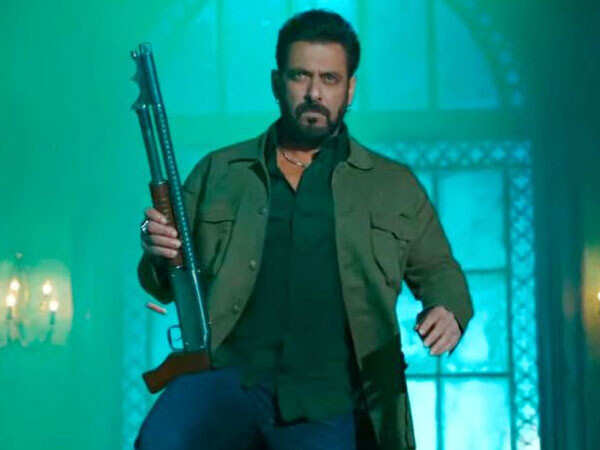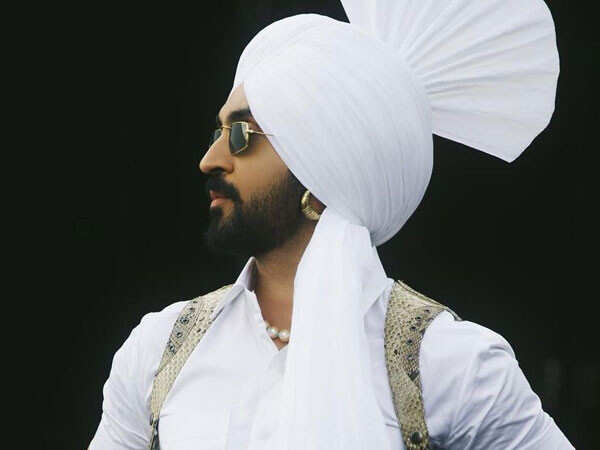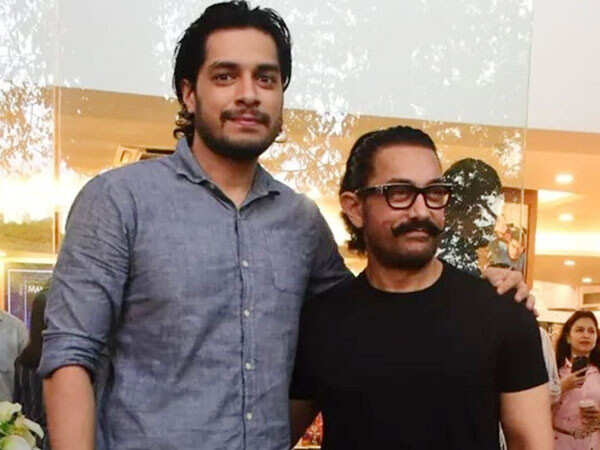Exclusive: Nikkhil Advani on Freedom At Midnight Karan Johar and stardom
7 min read
Nikkhil Advani’s latest offering, Freedom at Midnight, narrates the tale of India’s Partition and the role political leaders played in shaping the future of the nation. The director has delved deep into the volatile pages of our country’s past and brings out the history that all Indians must know. The series is based on the book of the same name, authored by Dominique Lapierre and Larry Collins. Nikkhil says he loved the book as a teenager, and it still had much to offer when he decided to adapt it. “A lot of books have been written on India’s freedom that are probably better. But for a young teenage boy, it was an incredible read. It felt like a screenplay. I wondered why no one had made anything on this. The show is from the perspective of India. India is telling what happened to her.” Nikkhil also feels that the word patriotism has been corrupted. Hence the need to tell this story. “I am so disturbed that the word and the concept of patriotism have been completely corrupted by us, by modern society. The show says how we can all work to make a better India. I am not interested in getting into the concept of jingoism. If one wants to be a jingoist, I don’t care. For me, my father going out to work every day from Grant Road Station to Thane in order to bring comfort to his family is patriotic.”
From his latest triumph, the conversation segues to his iconic debut, Kal Ho Naa Ho (2003), which recently completed its 21st anniversary with a re-release. Die-hard fans flocked to the theatres to experience its magic once more. Talking about the genesis of the film, the director gets nostalgic: “One day, Karan (Johar) called me to his office and shared the script he had been working on. Initially, it was not titled Kal Ho Naa Ho but Kabhi Alvida Na Kehna. Yash (Johar) uncle said, ‘I don’t want it to be Kabhi Alvida Na Kehna, I want it to be a positive title. Kal Ho Naa Ho is about living in the moment.’ And that’s how it happened. Shah Rukh had read the script’s first, middle and last pages and was on board. Karan is such a great narrator. He doesn’t need to refer to a script. He could narrate an entire film just by looking at you.”
Talking about his bond with Karan Johar, Nikkhil reveals Dharma had always been like family to him, and it continues to be. Hiroo Johar, Yash Johar and Karan Johar had supported him as both an assistant and an associate director. “Shah Rukh Khan had told Yash uncle that whenever Dharma made its next film, he wanted me to direct it. These plans were already set in motion,” comments Nikkhil. Karan and he had a falling out in between, and Nikkhil regrets that. He blames it squarely on miscommunication. “Karan and I went through a phase of distrust. We realised that we should have spoken to each other. My career would have been different if we had had a conversation. I would have still been a part of Dharma,” he says. Nikkhil says that because of the rift, he was forced to start his own production house, Emaay Entertainment. He wouldn’t have branched out of his comfort zone otherwise. So, it was all for the best in hindsight. “Yash uncle was the first person to come for the pooja when I started my own banner. His blessings were there with me. Even today, when I want to show a trailer or a film, Karan is the first person I share it with. Similarly, at YRF, if I ever need anything, whether it is a slot for dubbing or a preview, Adi ensures that I get it. In Salaam-e-Ishq, I wanted to use Dhoom’s theme music. And Adi is very clear about how he wants to share his stuff, but he graciously gave me permission.”
When he called up Rani Mukerji for Mrs. Chatterjee vs Norway, it had been 25 years since they last worked together. He told her that he had a script and believed she would love it. Rani had not worked outside of YRF for years, so she asked Aditya Chopra whether she should take the project and Adi encouraged her to go for it. “I remember Adi came to meet us when we were shooting in Estonia and I went to the airport to pick him up, and he fired me. He said, ‘What are you doing here? Is this what you have learned? You should be with your unit,’” he chuckled.
When asked who his 4 am friend in the industry is, he responds, “Adi will fire me if I called him at 4 am!” He explains that, while he might not have a specific 4 am friend, either Adi or Karan would always be there for him, no matter how much time had passed. “My true 4 am friend would be Akshay Kumar, as he’s the only person who actually wakes up at that hour,” he jokes.
Turning to the current scenario, the filmmaker believes the future of filmmaking is being shaped by bold choices, especially with the rise of OTT platforms. “The South film industry is rocking. They don’t seem to be getting anything wrong,” he notes. He mentions seeing the teaser of Pushpa 2, where the lead actor, Allu Arjun, wore a Devdasi-inspired costume, and found it to be incredible. He praises South Indian filmmakers for their fearlessness, adding that risk taking is what is missing in Hindi cinema today. “South guys and OTT platforms are the only ones taking risks,” he asserts. He was once asked what he considers a blockbuster, to which he replied, “A blockbuster is something that we remember after 10 years.” He believes Bollywood filmmakers are not taking risks because they are consumed by the pressure of the box office. “It’s cyclical,” he explains. “They are spending so much money on things that have nothing to do with the film, so they have to recover that investment.” This focus on financial returns, he thinks, limits their ability to take creative risks. He firmly believes that the increasing spending on entourages is affecting films. “There’s no question about it,” he fumes. “I’m not the only one who’s saying it. It’s like an echo chamber.” He recalls a time when Amitabh Bachchan would travel with his own van and staff, paying for everything himself. He expresses concern about how things have changed since then.
Karan Johar recently hinted that box office numbers are fudged. Nikkhil expresses surprise about the growing emphasis on box office numbers. “When did the audiences start deciding that they would see a film based on the fact that it is going to earn a hundred crores or two hundred crores or three hundred crores? When did this happen?” he wonders. He recalls how he would stand in line to watch an Amitabh Bachchan film, driven by the star’s presence rather than any financial expectation. He believes that stardom is about having an undeniable connection with the masses. “When, like SRK, you have one million people outside your gate, you’re a superstar,” he adds. “Whichever young actor can have a million people on their birthday outside their gate will become the next superstar.” He reflects on the power of such a phenomenon, drawing from his own experience. In 1982, like thousands of others, he stood outside Breach Candy Hospital, believing that Amitabh Bachchan was breathing his last there. “I stood there every single night and morning, waiting for him to come out,” he reveals. “My friend’s father was a doctor there, so I snuck into the hospital to see Mr. Bachchan from afar.” This, he believes, is what true stardom is.
He expresses frustration over the shift in how stardom is perceived today, adding that social media too is to blame for this sorry state of affairs. “You have too much information. Other people are influencing you so much that you’re not able to form your own opinion,” he notes. He reflects that with actors now easily accessible through social media, there’s less incentive to go see a film in theatres. “Why would I want to go and see a film when I can watch my favourite actor everywhere? I know where he has gone, how he has gone and which plane he has taken.” He once told the paparazzi that he would pay them double if they could capture a young actor coming out of a script reading or an acting workshop. “They are all coming out of gyms and pilates. So who is acting?” he questions, suggesting that the focus has shifted away from the craft of acting. He expresses disappointment over the rise of the term “pan-Indian” during the pandemic, pointing out that regional cinema was always pan-Indian. “They were always pan-India because they made great cinema. Actors like Rajinikanth, Kamal Haasan, Vijay, Chiranjeevi, Nagarjuna, Mohanlal and Mammootty have fans in every corner of the world, let alone India, thanks to their stardom and their body of work.” He expresses deep gratitude for having worked closely with superstars like Shah Rukh Khan, Salman Khan and Akshay Kumar, acknowledging the experience and support they provided him. However, he reveals that he’s now at a stage in his career where his focus has shifted. “Today, I’ve reached a stage where I want to do more things for people. I want to support people so they can have their moment. That’s what I am committed to now.” Good to hear that.
Nikkhil Advani talks about Freedom At Midnight, association with Karan Johar and real stardom. Continue reading …Read More




